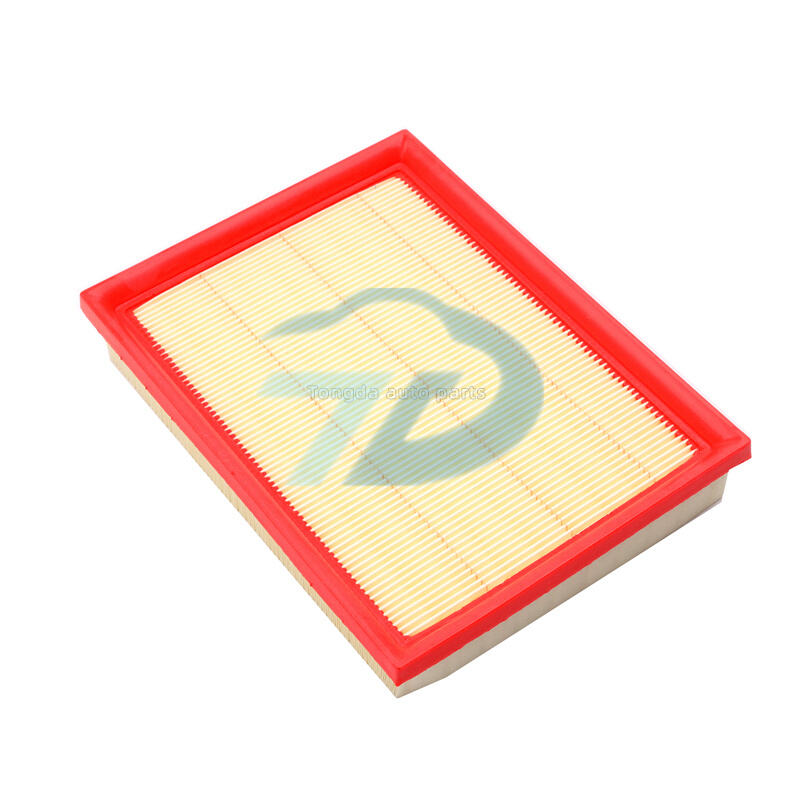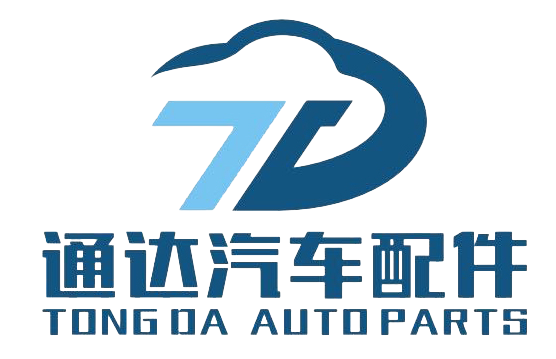Kumaha carana milih saringan oli anu cocog pikeun kendaraan anjeun
**How to choose the appropriate oil filter for your vehicle**
The selection of oil filters is crucial in modern automotive maintenance. As an important component of the engine lubrication system, the oil filter is mainly used to filter impurities and particulate matter in the engine oil, ensuring the cleanliness of the oil and extending the service life of the engine. However, when faced with a wide variety of oil filters with different performance in the market, car owners often feel at a loss. This article will explore in detail how to choose an oil filter that is suitable for one's own vehicle from the aspects of oil filter types, performance parameters, and vehicle adaptability.
1、 Understand the types of oil filters
Oil filters are mainly divided into two categories: full flow filters and split flow filters. The full flow filter is connected in series between the oil pump and the main oil passage, and can filter out almost all impurities and particulate matter in the engine oil. It is the most common type of filter in modern cars. Split flow filters only filter out some impurities in the engine oil and are suitable for engines that do not require high oil cleanliness. In addition, according to the structure of the filter, it can be divided into replaceable filters, rotary filters, centrifugal filters, etc. Different types of filters have different filtration effects and replacement convenience.
2、 Pay attention to the performance parameters of the oil filter
When choosing an oil filter, car owners need to pay attention to its performance parameters to ensure that the filter can meet the needs of the engine. The main performance parameters include filtration accuracy, pollutant holding capacity, and flow capacity.
1. Filtration accuracy: refers to the minimum particle size that the filter can filter out. Generally speaking, the higher the filtration accuracy, the better the cleanliness of the engine oil. However, excessively high filtration accuracy may increase the resistance to oil flow and affect the lubrication effect of the engine. Therefore, choosing a filter with appropriate filtration accuracy is crucial.
2. Pollutant holding capacity: refers to the total amount of impurities that the filter can hold before being clogged. The larger the pollutant holding capacity, the longer the service life of the filter, and the lower the frequency of replacement, thereby reducing maintenance costs.
3. Flow capacity: refers to the ability of a filter to allow oil to pass through while ensuring filtration efficiency. The stronger the circulation capacity, the smoother the oil flow, and the better the lubrication effect of the engine.

3、 Consider the adaptability of the vehicle
The selection of oil filter must be matched with factors such as the model, displacement, and lubrication system design of the vehicle engine. Different brands and models of engines have differences in the installation position, interface size, sealing method, and other aspects of the oil filter. Therefore, when choosing an oil filter, car owners must ensure that the selected filter is compatible with the vehicle's engine.
To ensure compatibility, car owners can take the following measures:
1. Refer to the vehicle manual: The vehicle manual usually includes recommended models and replacement intervals for the engine oil filter, which is an important basis for selecting the oil filter.
2. Consult with professionals: Car owners can go to a car repair shop or 4S store to consult professional car repair technicians and learn about the appropriate oil filter model for their vehicle.
3. Choose brand filters: Brand filters usually have high quality and performance guarantees, ensuring compatibility with the engine. Car owners can prioritize well-known brand filter products when choosing.
4、 Consider replacing and maintaining the filter
The replacement cycle of the oil filter varies depending on the vehicle's usage and engine type. Generally speaking, car owners should regularly replace the oil filter according to the recommended cycle in the vehicle manual. During the replacement process, car owners should ensure that the installation position of the filter is correct, the interface is tight, and the seal is good to avoid problems such as oil leakage.
In addition, car owners should also pay attention to the maintenance of the filter. During use, if the filter becomes clogged, damaged, or other issues, it should be replaced promptly to avoid damage to the engine. At the same time, car owners should regularly check the installation status and sealing performance of the filter to ensure its normal operation.
In summary, choosing an oil filter that is suitable for one's own vehicle requires comprehensive consideration of factors such as filter type, performance parameters, vehicle adaptability, and replacement and maintenance. By selecting and using oil filters reasonably, car owners can ensure good lubrication effect of the engine, extend the service life of the engine, reduce maintenance costs, and ensure driving safety.

 EN
EN







































